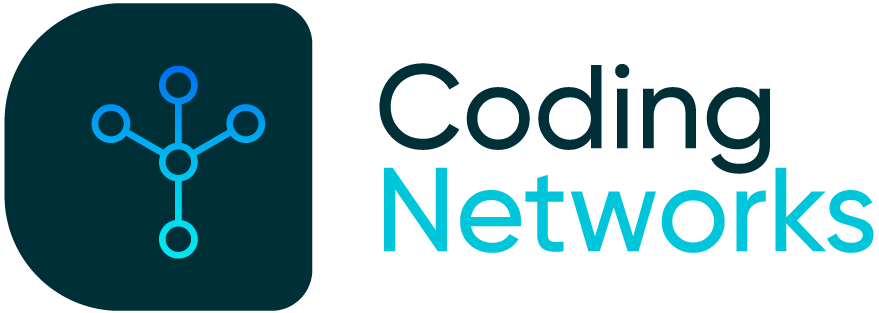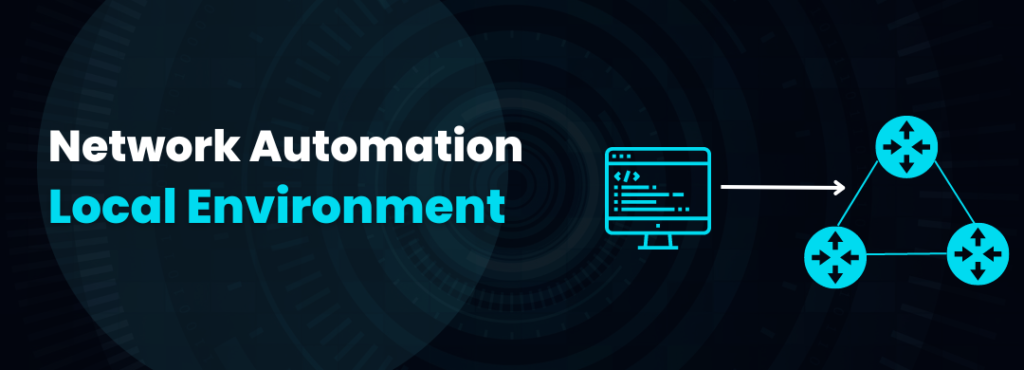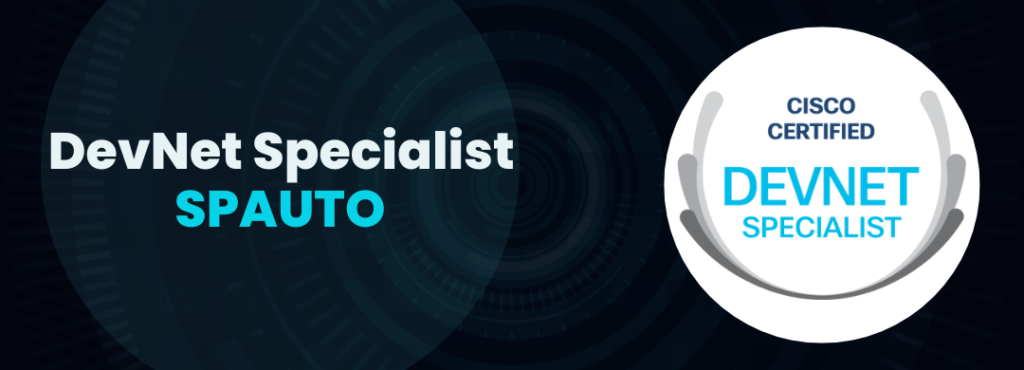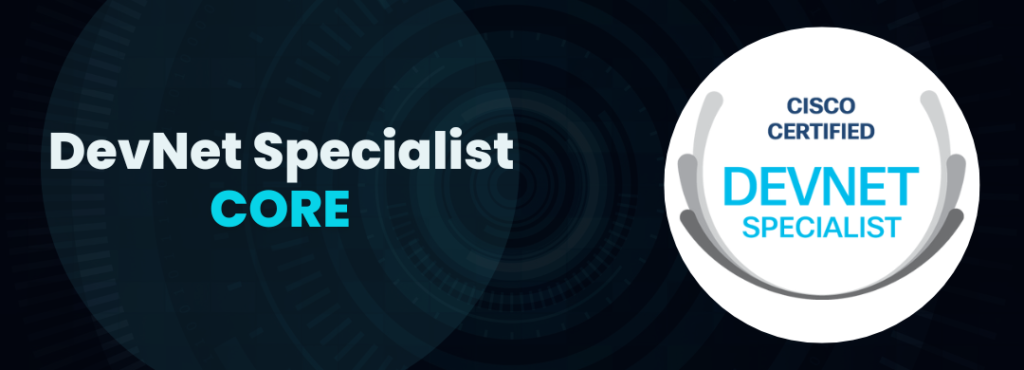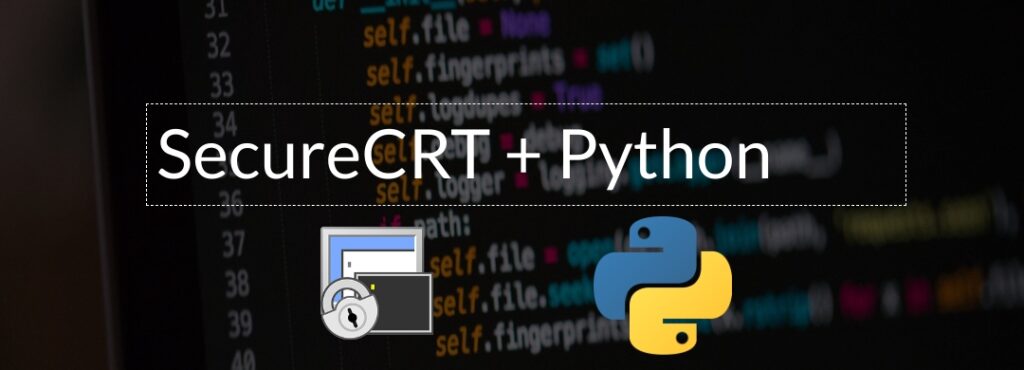
My Journey to the Cisco DevNet Associate
The beginning
My journey into DevNet originates from my years in college, when I learned about programming and networking. I studied Telematics Engineering at the Pontificia Universidad Católica Madre y Maestra (PUCMM). In this career, before seeing Networks topics, the career gives you a tour on programming. During this phase I was able to learn various programming languages such as Java, C, C #, Assembler and Ruby. I found that I like programming and naturally had the skills to do so. When I got to the Networks subjects, this area exceeded my affection for programming and it became my passion, leaving programming aside.
After several years working in Networking, in 2017, I got to know Cisco’s DevNet platform. When I learned that Cisco was opening up its platforms so that it could apply programming to networks, my motivations soared. It became possible to combine networks with programming, to automate processes or create tools that facilitate the work of a network engineer. For the next two years, I tried to learn on my own using the DevNet platform, but it was difficult for me to develop. Seeing so many new concepts and not having a good guide to what was essential to learn, my progress was very slow. In addition, at that time I also had the motivation to do some certifications, such as the CCIE.
It was already in 2019, when I learned about the existence of the Cisco Network Programmability Design and Implementation Specialist certification that I got serious about Network Programmability and Automation. Thus achieving this year to get the certification.
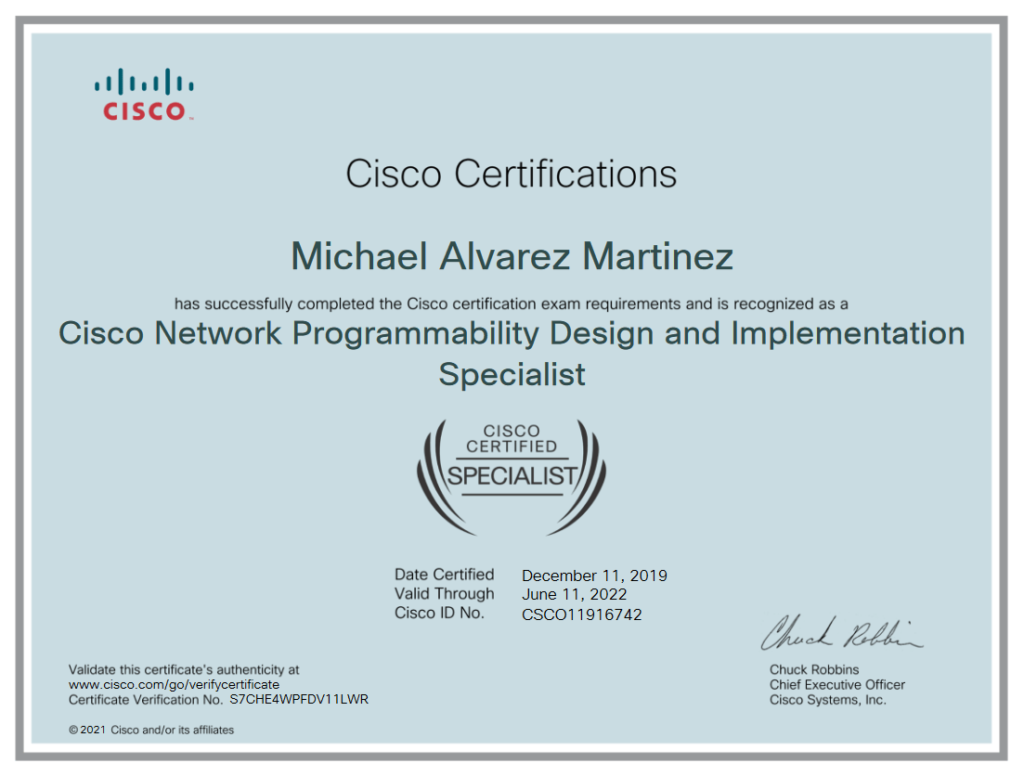
Also this year Cisco introduced the DevNet line of certifications, further boosting my motivation for network programmability. So I looked forward to the release of more study material. While this was going on, I had fun learning Python and some important programming concepts.
In 2020, with my motivation at peak, I launched my blog and YouTube channel of Coding Networks, which I had already been planning since the end of 2018, as a way to learn, share and stay motivated with topics related to Network Programmability and Automation. In October, I accepted Cisco’s challenge to belong to the DevNet Class of 2020, which was achieved by passing the 200-901: Cisco DevNet Associate exam before the end of 2020, although it was later extended until February 2021.
Resources
Resources for learning DevNet
By the time I decided to study for the exam, I found two important resources for my preparation, which I consider to be my main guides:
- The book: Cisco Certified DevNet Associate DEVASC 200-901 Official Cert Guide
- The course: Cisco DevNet Fundamental Course
For practice, I used the Cisco DevNet Sandboxes:
Another resources:
- The DevNet exercises in the Exam Topics are very good.
Resources for learning Python
To learn Python, I did the two free courses from the Python Institute organization:
- Python Essentials – Part 1
- Python Essentials – Part 2
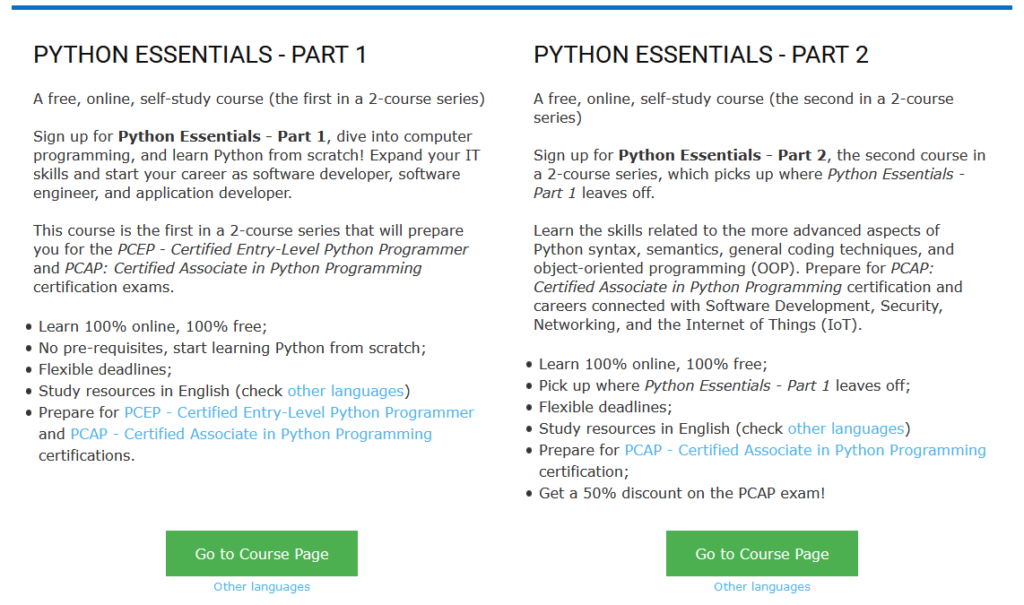
Study Strategy
My study strategy was the following:
- I first started Python courses to master the basics of this language. Due to previous experience I had with programming and also with Python, I decided to do these two courses in 2 weeks, dedicating about 1 hour a day, quickly passing the topics that I already had mastered.
For those of you first time learning Python, I recommend that you take the time to read, understand, and practice all the exercises found in these courses. - The second was to read the book Cisco Certified DevNet Associate DEVASC 200-901 Official Cert Guide. If you buy the Bundle, they give you a digital and physical version of the book, plus they give you access to a tool to practice exams.
I think it was a very good choice to pay for the Bundle, since I could easily read the physical book anywhere and when I finished a chapter I went to the digital version on my computer to extract fragments and make summaries, mainly to create Mind Maps. If you follow me on Instagram, you will have seen that I posted photos of several of these Mind Maps.
Example:
Another exercise that I did is that at the end of a chapter, I took exams of questions related to that chapter, using the tool that I acquired when I bought the Premium edition of the book. - I paid for a month of the Cisco DevNet Fundamental course. This is a theoretical-practical course, from which I could learn details of platforms and tools that were not in the book. I took this course very fast, since one month is not enough and I did not have the budget to pay for more time. But if you have a budget to pay for several months, go ahead, it worth it.
- My last week and a half before the exam, I spent practicing Python and APIs, as well as practicing exams with the aforementioned tool.
About the exam
My first attempt was canceled
When I made the decision that I would take the exam before the end of 2020, I announced it on November 7 on my Instagram, and three days later I scheduled the exam to take it on Saturday, December 19, 2020. I chose the modality to take it from home .
On Saturday, December 19, I woke up at 7:00 AM, very anxious. My exam was scheduled to start at 9:15 A.M. However, that day i was not destined to take the exam. I couldn’t start my exam!
Many lessons learned in an hour of trying to start my exam. Let me list all the difficulties I had:
- Three minutes before Check-In for the exam, the electricity went out in my neighborhood. My desktop computer shut down and I had to quickly get a laptop and connect my internet modem to a portable electrical source.
- While checking-in, the Proctor asked me to show him my room and my desk. Every time i tried to grab the laptop to show him the room, i got disconnected, after several attempts, found that network cable was faulty. So i told the proctor that i would get a USB Cam.
- 40 minutes had passed. After connecting the USB camera, restarting the Pearson Vue app, I was able to show him the room. Everything was fine for him to launch my exam. BUT when he tried it the exam didn’t want to start on my laptop. After many launch attempts, I asked if he could switch my laptop and use another laptop (my wife’s). He said yes.
- After getting the second laptop, I logged into the Pearson Vue website, I found the message you see in the photo below. That I missed the registration window and the exam was not available for delivery. I was unable to launch the app again, the Proctor never called my cell phone, and Pearson Vue customer service only works Monday through Friday.

My second attempt
The following Monday I opened a case to Pearson Vue, who took about 3 days to review my case. They canceled my exam and refunded my money. When I tried to reschedule my exam, there were no dates available for the remainder of December. Thank goodness Cisco a week or two earlier had decided to extend the DevNet Class of 2020 honor until February 2021.
My exam was scheduled for January 5th, 2021. That day arrived, the entire Check-In process went well and I was able to take the exam. You already know the result.

Opinions about the exam
Like several bloggers, I think the exam goes very hand in hand with the Exam Topics. It is a fair exam, which evaluates very well the knowledge required to be worthy of the DevNet Associate.
My recommendations:
- Study very focused on the Exam Topics. Make a Checklist of the topics and make sure before taking the test that you have mastered each of them.
- Practice very well using Python to consume REST APIs using the “request” library and the SDKs.
- Learn to interpret the API documentation on the Cisco Devnet page for each of the platforms.
- If you decide to buy the book in its Premium Edition, take advantage of the test practice tool and generate many tests.
- Do not underestimate the exam, although it is an Associate level, it requires a mastery of the topics at a Professional level.
DevNet Class of 2020
For me it has been an honor to get this badge, DevNet Class of 2020. Firstly, because it was a goal that I set for myself and secondly because it marks the year where a Transformation began in my professional career, a transformation towards a Hybrid Engineer, a Next Generation Network Engineer.

Conclusion
Studying for this certification has been transformative for my career. I think Cisco did an excellent job gathering in the exam topics all the fundamental topics so that we can correctly implement Network Programmability and Automation. If someone wants to get started in this area, they can do so by preparing for this certification.
I hope that what is shared in this post will be helpful and motivating to achieve your goals of becoming certified with Cisco DevNet Associate. The comments and my social networks are open for any question or doubt you have.

